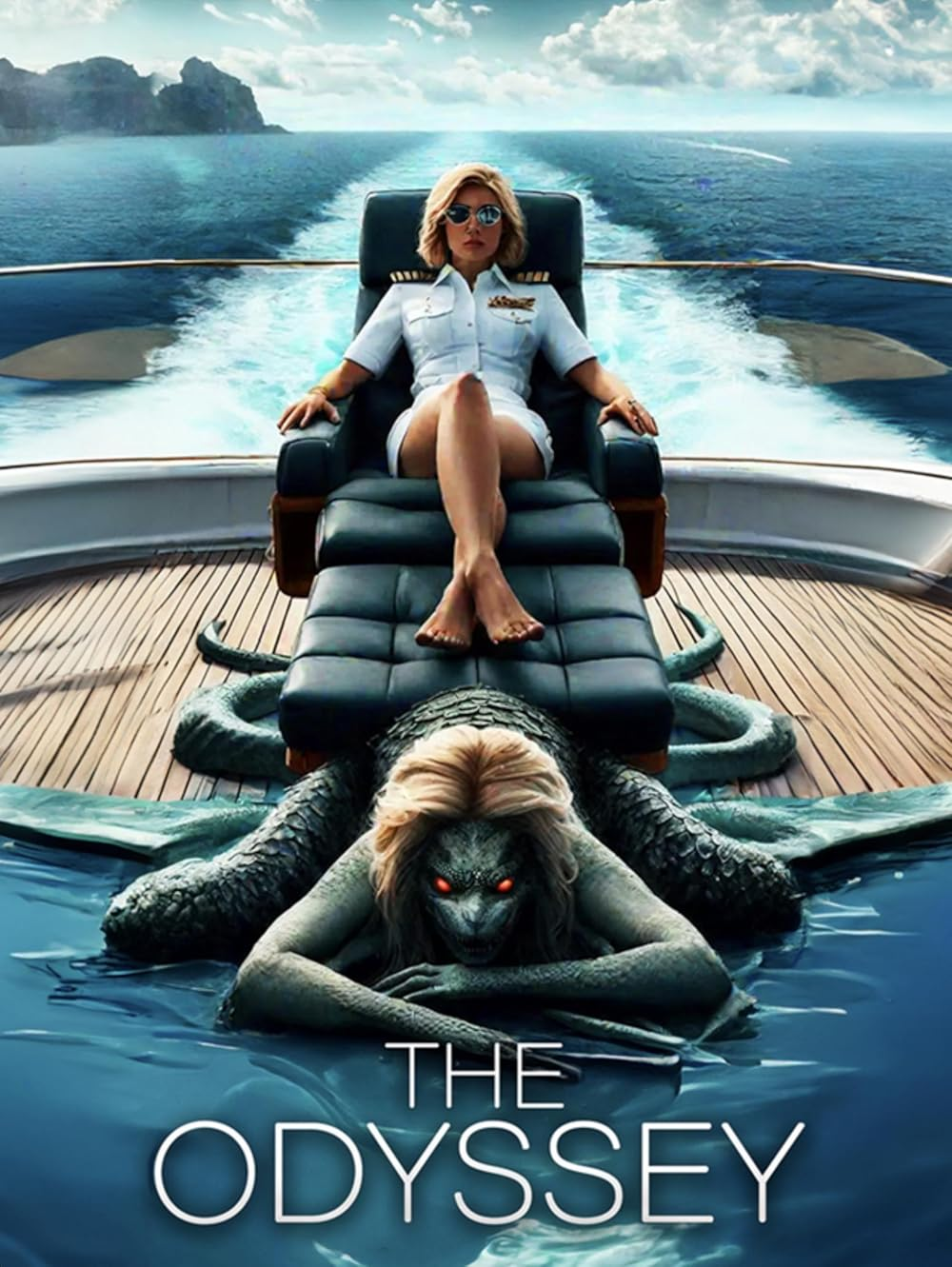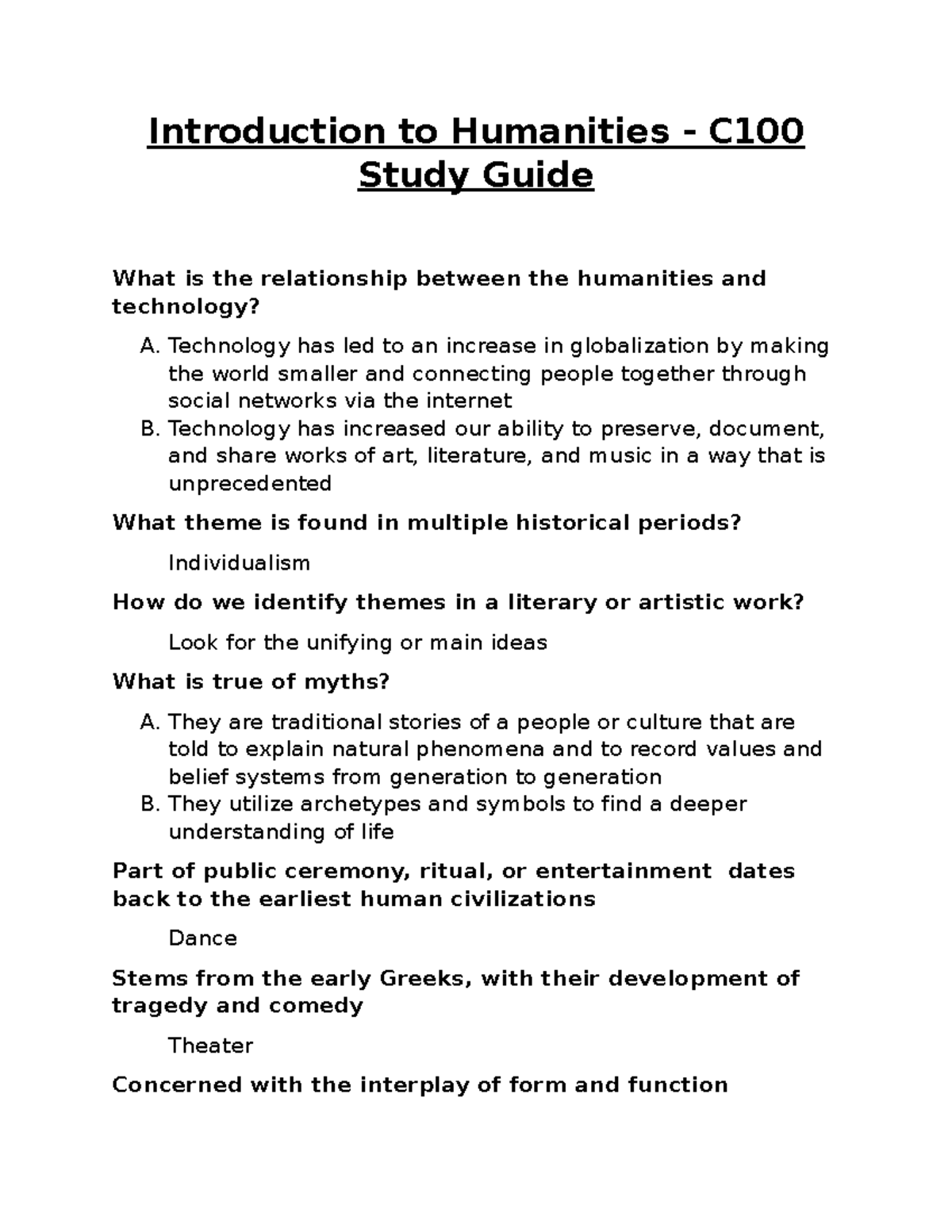The Odyssey, one of the most significant works in classical literature, has enthralled readers for nearly 3,000 years. This epic poetry, attributed to Homer, follows the character of Odysseus, whose cunning and resilience define his tumultuous journey home after the Trojan War. The enduring fascination with The Odyssey is evident in various adaptations, including a recent translation by acclaimed scholar Daniel Mendelsohn and a much-anticipated film directed by Christopher Nolan. With over 100 unique Odyssey translations available, each interpretation offers fresh insights into Odysseus’s character, making it an ever-evolving story for new generations. As audiences continue to explore this timeless tale, they discover why The Odyssey remains a cornerstone of human experience and storytelling.
The tale commonly known as the Odyssey showcases a remarkable journey filled with adventure, challenge, and self-discovery, reflecting human experiences through mythic storytelling. At the heart of this ancient narrative is Odysseus, whose character exemplifies the traits of a trickster hero, navigating through trials with both wit and wisdom. This epic poem, crafted in the tradition of epic verse, forms a critical part of the bedrock of Western literature. Variations of the Odyssey, including numerous acclaimed translations, provide different lenses through which readers can appreciate its themes of struggle and perseverance. Engaging with this foundational narrative not only enhances our understanding of classical tales but also enriches our appreciation for its deep-rooted significance in contemporary culture.
The Timeless Appeal of Homer’s Odyssey
Homer’s ‘Odyssey’ continues to resonate across generations, showcasing its timeless themes of adventure, identity, and human experience. As an epic poem that has withstood the test of nearly 3,000 years, it tells the story of Odysseus’ return home after the Trojan War, embodying the essence of classical literature. With its intricate narrative structure and profound character development, ‘The Odyssey’ invites readers to explore not just the physical journey of its hero, but also the emotional and existential challenges that accompany such quests.
The current resurgence of interest in ‘The Odyssey’ can be attributed to various cultural adaptations and translations that breathe new life into this ancient work. For example, the recent stage adaptation at the American Repertory Theater and Christopher Nolan’s upcoming film adaptation highlight the poem’s relevance in today’s story-telling landscape. This contemporary reinterpretation solidifies its place in modern arts and culture, making it accessible to both new audiences and longtime fans of epic poetry.
Exploring the Character of Odysseus
Odysseus, the protagonist of Homer’s epic, is often regarded as the quintessential anti-hero, displaying a blend of cunning intelligence, emotional depth, and vulnerability that spurs fascination. Unlike traditional heroes, Odysseus does not neatly fit into the mold of bravery and moral fortitude; instead, he navigates challenges with a trickster-like approach. As Greg Nagy explains, this multidimensional characterization breaks conventional norms and encourages readers to engage with the complexities of identity and morality, enhancing the poem’s classical literature pedigree.
Moreover, the way Odysseus embodies the role of a trickster allows audiences to reflect on the intricacies of the human psyche. His cleverness and resourcefulness in facing adversaries like the Cyclops and Scylla are matched by his emotional struggles, making him relatable on many levels. This duality makes Odysseus a compelling character to study, as readers can see their own flaws, aspirations, and challenges mirrored in his journey.
The Evolution of Odyssey Translations
Translations of the ‘Odyssey’ have evolved significantly over the centuries, each version bringing a unique voice and interpretation to Homer’s original text. From George Chapman’s pioneering translation in the early 17th century to Emily Wilson’s contemporary rendition, each effort highlights the ongoing dialogue between the ancient text and modern sensibilities. In our current time, translations play a crucial role in making Homer accessible to diverse audiences, emphasizing different aspects of the narrative—from its poetic structure to its character portrayals.
The variety in translations also reflects the changing values and perspectives of society. For instance, Wilson’s modern approach not only brings a feminine perspective to Odysseus and Penelope’s relationship but also resonates with contemporary discussions around gender roles. This evolution of translations highlights how ‘The Odyssey’ remains a living text, continually reimagined through the lens of culture, politics, and human experience.
Understanding the Journey of the Soul in The Odyssey
At its core, Homer’s ‘Odyssey’ is more than just an adventure story; it embodies a profound journey of the soul. Odysseus’ travels, filled with trials and tribulations, serve as a metaphor for the inner journey we all undergo in search of meaning, identity, and belonging. Classical scholars like Greg Nagy emphasize the importance of this personal exploration, suggesting that engaging with ‘The Odyssey’ can inspire readers to reflect on their own life’s challenges and triumphs.
Moreover, the journey of the soul is not limited to Odysseus alone; it extends to other characters such as Penelope, who navigates her own emotional landscape during Odysseus’s absence. Her resilience and intelligence reflect the complexities inherent in human relationships, making her as much a participant in this journey as Odysseus. This layered exploration encourages readers to consider how the themes presented in the epic can lead to personal growth and a deeper understanding of the human condition.
The Role of Women in The Odyssey
In ‘The Odyssey’, the portrayals of women such as Penelope and Circe invite rich discussions about female agency and intelligence within the constraints of their societal roles. Penelope’s cunning and fidelity exemplify the subtle strength women possess in navigating patriarchal structures, while Circe represents a more assertive kind of power. Through these characters, Homer illustrates that women play pivotal roles in the development of the epic, showcasing their influence on male narratives and decisions.
Furthermore, the diverse representations of women in ‘The Odyssey’ fuel contemporary feminist interpretations that explore the nuanced complexities of their experiences. Penelope’s loyalty juxtaposed with her resourcefulness challenges the traditional notions of femininity, prompting readers to reevaluate historical portrayals of women in epic poetry. As modern adaptations continue to expand on these themes, they emphasize the enduring relevance of women’s roles in literature and society.
The Impact of The Odyssey on Modern Culture
‘The Odyssey’ has left an indelible mark on modern literature, art, and popular culture, inspiring countless works across various mediums. The themes of adventure, personal growth, and the quest for identity resonate throughout contemporary storytelling, from blockbuster films to classic novels. The enduring legacy of Homer’s epic can be seen in everything from superhero narratives to epic fantasy, as creators draw on its archetypes and motifs to build compelling stories.
Moreover, as filmmakers like Christopher Nolan venture to reinterpret ‘The Odyssey’ through modern lenses, they bring renewed attention to its storytelling techniques and emotional depth. Such adaptations not only pay homage to the original poem but also invite a new generation to engage with classical literature. This continued relevance underscores the idea that ‘The Odyssey’ is not merely a relic of the past but a vital part of our cultural tapestry.
The Significance of Epic Poetry in Classical Literature
Epic poetry, exemplified by works like ‘The Odyssey’, holds a significant place in the canon of classical literature. These narratives serve as vehicles for preserving cultural values, morals, and the histories of civilizations. The richness of language, combined with grand themes of heroism and adventure, allows epic poetry to resonate deeply with readers, reflecting the complexities of human nature and society.
Additionally, studying epic poetry involves an appreciation of its unique structure and artistic techniques. The use of meter, repetition, and vivid imagery not only enhances the auditory experience of the poem but also allows it to be performed orally—a hallmark of ancient storytelling. In today’s context, the study of such works fosters a deeper understanding of storytelling’s roots and its evolution into modern literary forms.
The Legacy of Homer as a Poet
Homer’s legacy as a poet extends far beyond his contributions to epic poetry; it fundamentally shaped the foundation of Western literary tradition. The themes and characters introduced in ‘The Iliad’ and ‘The Odyssey’ have influenced countless writers and poets throughout history. Homer’s ability to weave complex narratives with deep philosophical questions has created a lasting impact, inspiring generations to explore the realms of fate, morality, and humanity.
Moreover, the discussions surrounding the figure of Homer—whether as a single historical individual or a composite of various poets—add layers to our understanding of ancient Greek culture and its attitudes towards storytelling. This legacy continues to prompt scholarly interest, leading to new interpretations and translations that ensure that Homer remains a vital part of our literary consciousness.
The Relevance of The Odyssey in Contemporary Discussions
‘The Odyssey’ offers crucial insights that remain relevant in contemporary discussions, particularly in areas of identity, resilience, and the nature of home. As modern societies grapple with themes of displacement and belonging, Odysseus’s journey home resonates with many seeking to navigate complex social landscapes. The universal longing for connection and understanding that drives Odysseus mirrors the human experience across cultures and epochs.
Furthermore, the philosophical reflections embedded within ‘The Odyssey’ invite readers to delve into their personal quests for meaning. As individuals face their trials today—be it in personal relationships, career paths, or existential inquiries—the lessons drawn from Odysseus’s adventures echo loud and clear. This timeless nature of the poem ensures its place in contemporary discourse, solidifying its status as a cornerstone of classical literature.
Frequently Asked Questions
What makes Homer’s Odyssey a significant work of epic poetry?
Homer’s Odyssey is a significant work of epic poetry as it explores universal themes such as the journey of self-discovery, the nature of heroism, and the complexities of human relationships. The narrative intricately weaves the adventures of Odysseus, showcasing his cunning and resilience, earning it a foundational place in classical literature.
How many translations of the Odyssey exist, and why are they important?
There are over 100 different translations of the Odyssey, each bringing unique interpretations and stylistic choices. Translations are important because they make Homer’s epic poetry accessible to diverse audiences, reflecting the cultural and linguistic changes over time. Notable translations include those by Emily Wilson, Richmond Lattimore, and George Chapman.
What character traits make Odysseus a compelling figure in the Odyssey?
Odysseus is a compelling figure in the Odyssey due to his complexity as a character. He embodies traits of a trickster, showcasing cunning, vengefulness, and vulnerability throughout his journey. His ability to adapt and navigate challenges, along with his moral imperfections, resonates deeply with audiences, making him an enduring archetype in classical literature.
Who is Penelope, and why is she significant in the Odyssey?
Penelope is the wife of Odysseus in the Odyssey, and she is significant for her intelligence, loyalty, and resilience. Throughout Odysseus’s absence, she cleverly maintains control over her household while fending off suitors. Her character exemplifies the themes of fidelity and cunning, paralleling her husband’s journey and adding depth to the epic poem.
What is the overarching theme of the journey in the Odyssey?
The overarching theme of the journey in the Odyssey represents a journey of the soul. Odysseus’s physical voyage home is mirrored by an internal exploration of identity, morality, and growth. Readers are invited to engage in their personal journeys, discovering deeper meanings about life, relationships, and self-awareness through the epic.
| Key Points |
|---|
| The Odyssey’s enduring appeal is highlighted by new adaptations and translations. |
| A film adaptation directed by Christopher Nolan is in production. |
| Greg Nagy, a classicist, discusses the poem’s themes and characters. |
| Homer’s poetry has historical significance despite the ambiguous identity of Homer. |
| Over 100 translations exist, with notable ones by Chapman, Wilson, Lattimore, Fitzgerald, and Fagles. |
| Odysseus is viewed as a complex ‘trickster’ character who challenges societal norms. |
| Penelope is highlighted for her intelligence and cunning, often outsmarting Odysseus. |
| Readers embark on a ‘journey of the soul’ through engaging with the epic. |
Summary
The Odyssey remains a significant work, capturing imaginations for nearly three millennia. Its lasting impact is evident through modern adaptations, vibrant translations, and insightful analyses. As new generations delve into this epic, they embark on profound journeys through time and thought, discovering the wisdom of characters like Odysseus and Penelope. The poem’s themes of cunning, integrity, and the human condition resonate today as strongly as when it was first told, ensuring The Odyssey continues to inspire readers and audiences alike.



